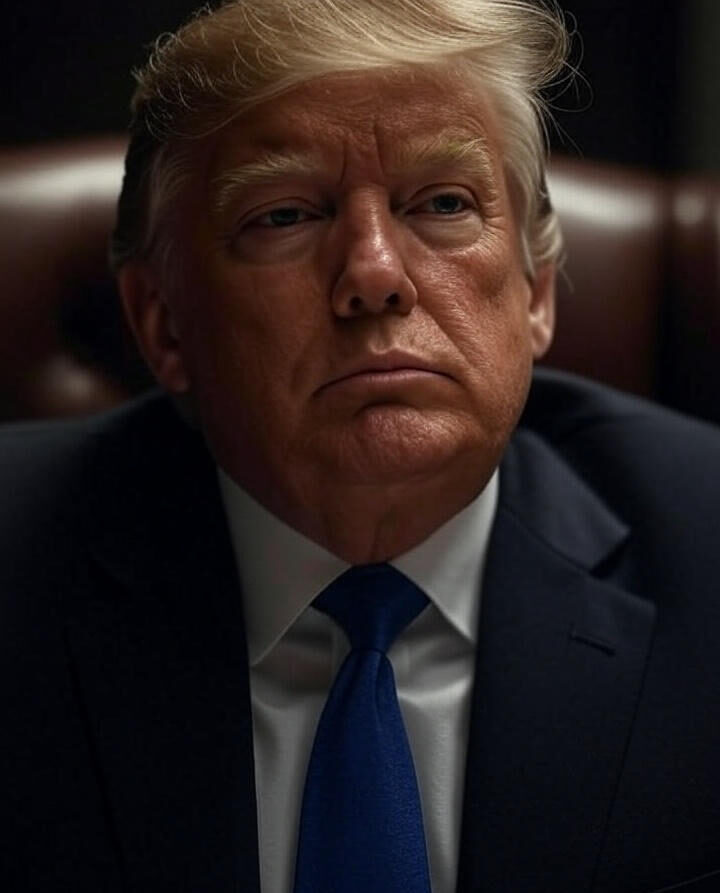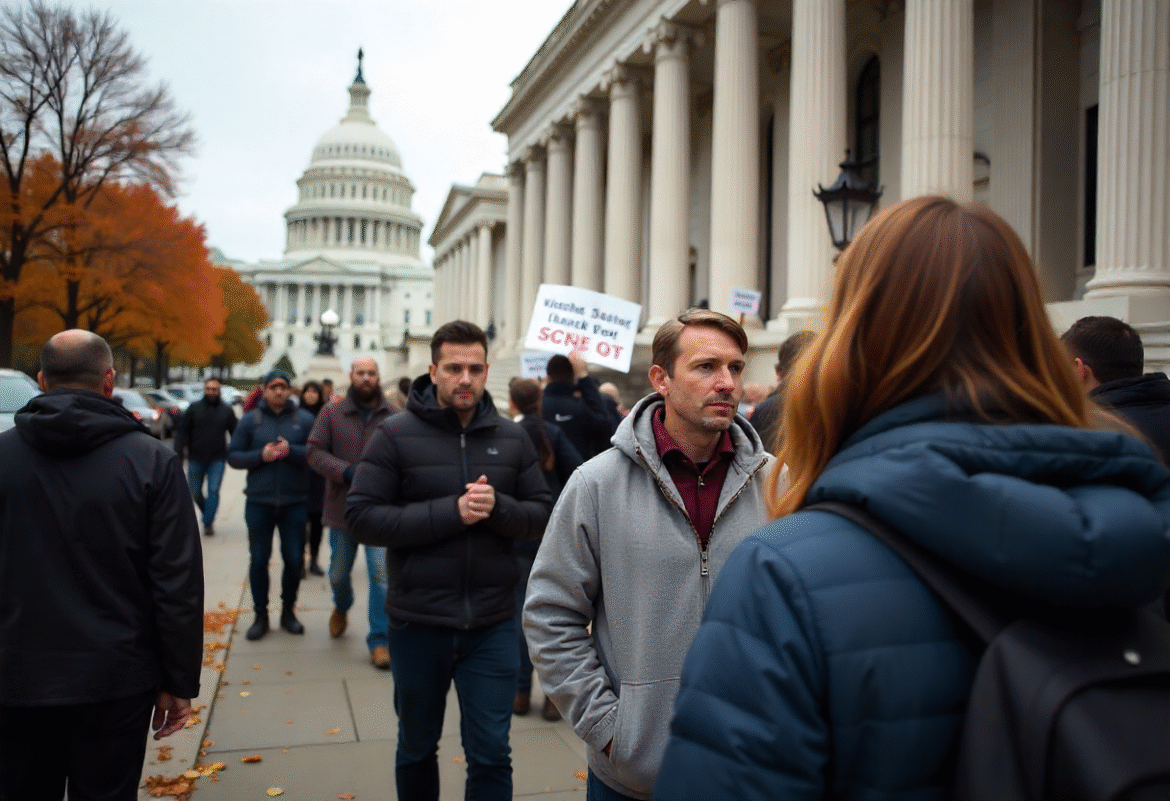Stark development
In recent days, a stark development has unfolded: President Donald Trump has moved to federalize the Washington, D.C. Metropolitan Police and deploy the National Guard in the nation’s capital a move that echoes exactly what his own generals had previously feared. The key question now is whether this signals a genuine crackdown or a showy political gesture.
The Fear Among Generals: Domestic Militarization and Overreach
During Trump’s first term and particularly after the 2020 election turmoil, senior military figures including then nChairman of the Joint Chiefs, Gen. Mark Milley genuinely worried that he might misuse federal military authority for political ends. Milley confided that he was concerned Trump would “invoke the Insurrection Act to politicize the military in an antidemocratic manner” (Wikipedia). Others have drawn attention to Trump’s affinity for leaders dismissive of constitutional guardrails; his former chief of staff, John Kelly, reported Trump once said, “I need the kind of generals that Hitler had,” signaling a desire for unquestioning loyalty over constitutional adherence (Wikipedia).
The Move: Federalizing DC Police and Stationing Troops
On August 12, 2025, Trump took a decisive step federalizing the DC Metropolitan Police and calling in the National Guard to operate in the capital. The reporting underscores widespread uncertainty: is this a legitimate proactive response to maintain public order, or is it the beginning of a power consolidation that blurs the line between civilian governance and military enforcement? (sepe.gr, Rhythm 105.9 FM – Mainstream Top 40).
Implications: Crackdown or Optics?
- Risk to Civilian Military Norms: If these federalized forces are controlled through loyalist channels rather than traditional civil frameworks, it raises alarm over erosion of democratic safeguards.
- Potential for Authoritarian Drift: With the president’s expanded control of the capital’s security apparatus, the possibility surfaces that dissent could be met with militarized force exactly the concern raised by senior military officials before (Wikipedia).
- Precedent Setting: Even if the move is just for show, entrenched norms around civilian oversight of military and law enforcement institutions may be fundamentally altered(Globedge).
What Generals Warned and What’s Happening Now
Throughout Trump’s first term, defense leadership prioritized preserving constitutional norms over political loyalty. Milley’s private statement warning about misuse of the military during the January 6 aftermath underscored the stakes (Wikipedia). Now, with direct federal control of local law enforcement and deployment of guard forces, what was once hypothetical or feared may now be unfolding in practice.

Critical Questions Moving Forward
- Who holds operational control? Is it civilian leadership or partisan appointees?
- What legal authorities are being invoked? Is the invocation of executive powers or the Insurrection Act clear, justified, and measured?
- How transparent will these operations be? Are there reporting and oversight structures to prevent misuse?
- Is there resistance within the ranks? Will Pentagon or National Guard leaders push back if orders cross legal or constitutional lines?
Summary Table
| Aspect | Details |
|---|---|
| General’s fear | Military used domestically for political ends |
| What’s happening now | Federalizing DC police and deploying National Guard |
| Core concern | Potential erosion of civil-military boundaries |
| Implications | Risk of authoritarian drift, weakened oversight, norm shifts |
Final Thoughts
What Trump’s generals long warned a militarized path unwinding democratic safeguards may now be materializing in D.C. Whether this shift represents an assertive crackdown or symbolic showmanship, it undeniably tests the health of U.S. democratic institutions. The balance between ensuring security and safeguarding constitutional norms is delicate and now, it’s being tested in real time.

